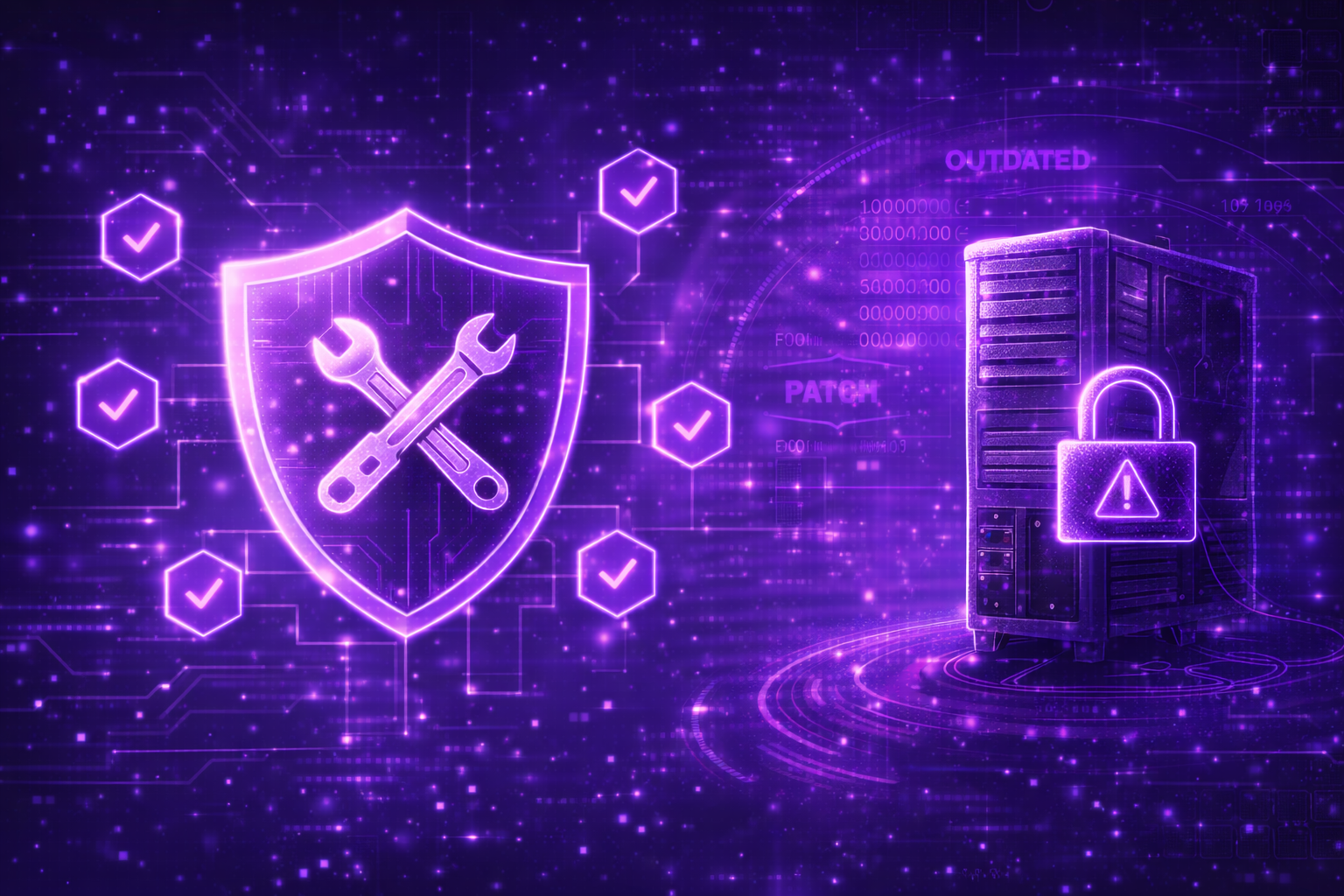3 Security Challenges for Data-Led Companies
Jack O'Sullivan
November 24 2020
From finance to retail, healthcare to law, organisations across every sector have seen their operations transformed by computer systems and data-driven insights. But as sure as businesses are turning new technologies to their advantage, they are also grappling with the challenge of keeping their digital infrastructure secure at all times.
Data is everything
The sheer volume of data sources, online transactions, sensitive information and network devices that form part of today’s commercial world means that this is no easy feat. Cyber-attacks come from all angles and are evolving exponentially each year. Fraud and data loss are serious concerns for enterprise businesses, particularly those that are responsible for safeguarding high value client data.
There is also mounting pressure from regulatory bodies to fulfil industry-standard requirements and ensure that IT frameworks are able to deal with emerging cybersecurity threats. Failure to stave off such threats can lead to direct financial losses for all parties involved, as well as significant damage to a company’s brand image and reputation.
With that in mind, we take a look at three security challenges all data-led companies need to consider:
Avoiding fraud at all organisational levels
Fraud remains high on the agenda of all businesses that handle sensitive information and transactional data. This is largely due to the more sophisticated approaches that fraudsters are taking, none more so than in industries such as retail, telecommunications or finance where fraud now manifests in many various forms.
Phishing techniques have evolved to the point where fake emails and mobile phone messages that purport to be from reputable companies are almost identical to the genuine article. In the same vein, social engineering has become a powerful weapon for hackers and identity thieves. Without sufficient IT security training or company protocol in place, an individual mistake may compromise the financial security of an entire organisation.
Keeping pace with regulatory guidelines
Over the past few years, regulatory bodies across major industries have continued to ramp up their focus on cybersecurity best practice. The approach taken by the Financial Conduct Authority (FCA) – the primary regulator for over 50,000 banks, insurers and financial services firms – within the sector is a prime example.
A recent speech by Nausicaa Delfas, the FCA’s Director of Specialist Supervision, defined an industry-wide governance policy that firms of all sizes must now adhere to. Protective measures for digital assets must be in place, as well as risk frameworks for hacking threats and effective recovery procedures. If you're a data-led business, you need to be taking notes. All financial organisations must also share their diagnostic information with the regulator and other third parties.
Protecting data and preventing losses
Data is the lifeblood of ambitious organisations that are intent on rapid growth. Gone are the days when proprietary information was left to gather virtual dust in a forgotten spreadsheet. Instead, data is everywhere, used to gather unique insights and inform business decisions in every modern industry.
The challenge now is to manage company data effectively and safeguard large datasets from unwarranted access. This means establishing a cybersecurity culture that determines how data should be collected, stored, managed and accessed by every person working within an organisation. There is simply no better foundation to detect malicious behaviour and prioritise investigation into potential threats.
Ultimately, businesses must leverage employee understanding and training with the right technical expertise and security systems if they are to safeguard themselves from every possible cybersecurity threat that both currently exists and will soon exist. It requires the investment of time, money and resources, sure, but it’s the only way to guarantee that a company’s digital infrastructure is protected at each stage of its evolution.
If you're a data-led business that's facing any security challenges, or you wish to find out more about what cybersecurity services we provide, get in touch with a member of our dedicated team today.







